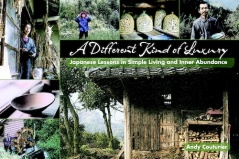Dammit, I’m addicted. Two weeks in a row and I just can’t help myself. So here we go again with another flash fiction story challenge courtesy of the wonderful Rochelle Wishoff-fields (her story is fab, by the way!) and her ever-inventive story-telling band of Friday Fictioneers (going to check them out here just as soon as I’ve posted this) The challenge as always: using the picture prompt, write a 100 word story with a beginning, middle and end. Here goes:
Now the school has closed, Alice thinks back. Remembering how each event of the day was heralded by the bell; how even before it was a school, the cloisters had rung with its compelling voice, calling the nuns to prayer.
Her phone chimes once. A reminder.
It chimes again, this time two short pings. Her daughter Melissa, exhorting her not to forget her appointment.
Alice sighs. It seems her life is still regulated by bells after all.
The bright flowers outside grow wild, following their own rhythm. Dropping her phone into their blooms, she knows they won’t be listening either.



